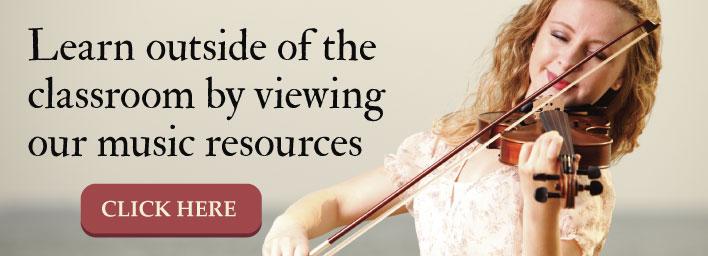How To Pay for Music School - An Overview

Not everyone is blessed with tens of thousands of dollars readily available to pay for music school. For students who want to pursue a music career, attending the right music school plays an integral part of that dream. However, paying for the required education can sometimes seem like a nightmare.
Fortunately, you don’t have to freak out when considering how to afford intermediate or higher learning courses. There are a number of financing options available for students who want to increase their musical knowledge and skills. This overview outlines a few of the most common methods that can be employed to help you pay for music school. The key is to try out more than one, that way you can avoid becoming overwhelmed by debt as soon as you graduate.
Student Loans
Student loans ensure that you have the ability to attend higher education and earn an undergraduate degree. However, the crippling debt that is accumulated after four years of college can make it very difficult to pay rent, purchase a car, or otherwise save for your future. Therefore, it’s highly advisable to supplement student loan funds with additional financing solutions.
With student loans, the disbursement of funds is based on your age, living arrangements, family income, and other factors such as the school you plan to attend and your grade point average each semester. For example, you must maintain a 2.0 average while attending music school to maintain your qualification. You don’t have to start paying them back until you graduate, but you can avoid some of the interest costs by making small monthly payments before they are actually due.
To learn more about using student loans to finance music school, the U.S. government offers tons of information. To get started, log into the FAFSA website and fill out your “free application for federal student aid.” Even if you’re approved for funds, you don’t necessarily have to accept them. That will happen when you apply to the school of your choice. The FAFSA application also determines whether you are able to receive basic undergraduate grants and other government assistance, so this is one of the first steps you should take.
Scholarships
Earning scholarships is another great way to help pay for your music education. Many different people, organizations, and colleges provide scholarships for deserving students. If you plan to go this route, make sure you start the process early. Many applications require essays, performance videos, and resume-type applications, so you’ll need some guidance. School counselors can point you in the right direction, and you should apply for as many scholarships as possible to increase your odds.
To locate which scholarships are available, contact the music school you’re applying to, or check out this free website that lists the current ones that are available. You can also read the information listed here for a list of trusted resources. This type of “gift aid” is one of the best ways to pay for school, because it can be used to supplement your loans or cover your entire costs. Some scholarships also provide for your living expenses.
Solicit Funds
With the advent of social media, there are new methods of funding your music school endeavors. Since you can easily share these two major sites on Facebook and Twitter, they give you the opportunity to find generous donors all around the world who will help defer the costs of your education.
GoFundMe.com is a crowd funding site that allows you to create a campaign drive for your tuition and living costs. Users are charged a nominal fee for each transaction, and you can withdraw your funds at any time during the campaign.
YouCaring.com is advertised as “compassionate crowdfunding” because it focuses on humanitarian fundraisers. What was originally started by a single patron, has now grown and raised over $400 million dollars in funds. The wonderful thing about this site is that it doesn’t charge a service fee. Users must have a PayPal account to be able to donate or fundraise on the site, and there’s a dedicated section to tuition funding. Both of these options work best when you utilize social media to spread the word about your campaign.
If you have a dedicated college fund that was set up for you at an early age, great! If not, you can start to save money as soon as you’re able to earn it. Part-time or weekend jobs work well for students. The money you make can be saved and used for outfitting your dorm room, paying for books, or covering other minor school costs.
Paying for music school doesn’t have to be stressful. Just remember to keep your options open and look for flexible solutions.


